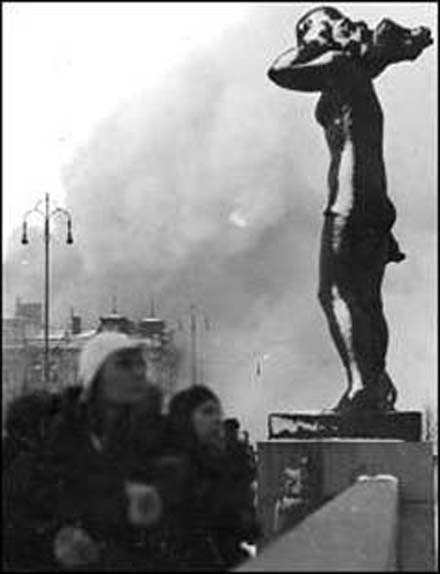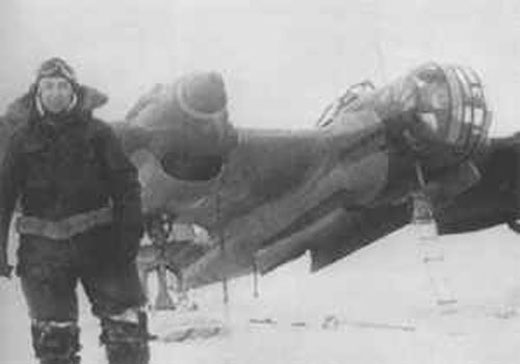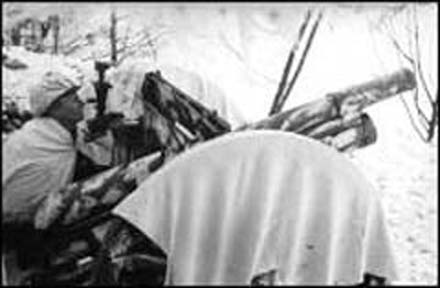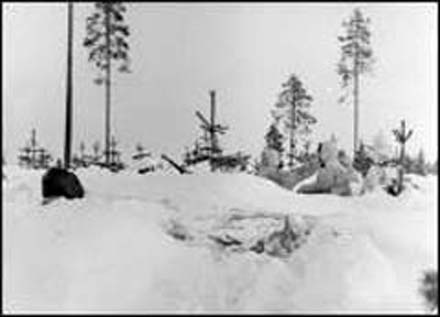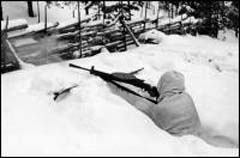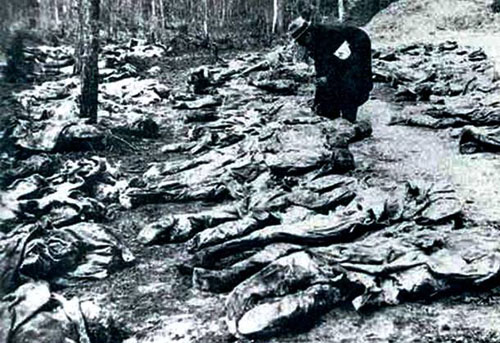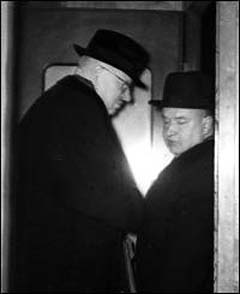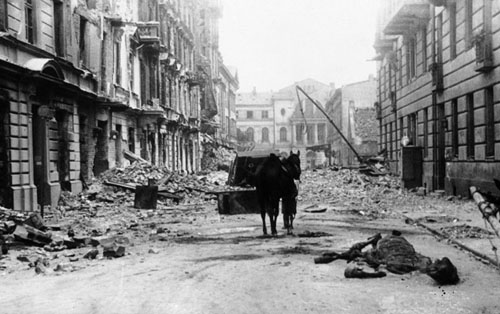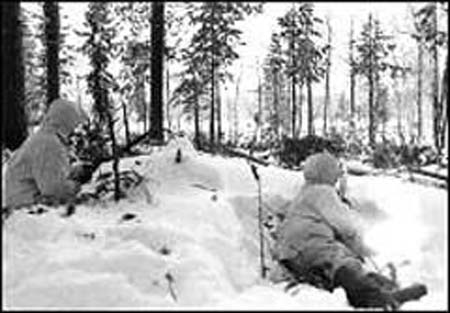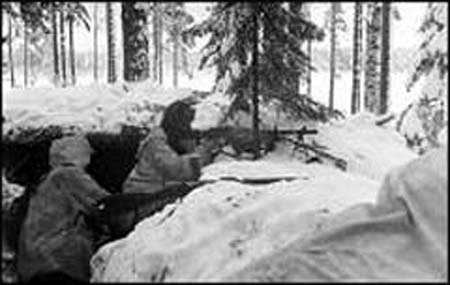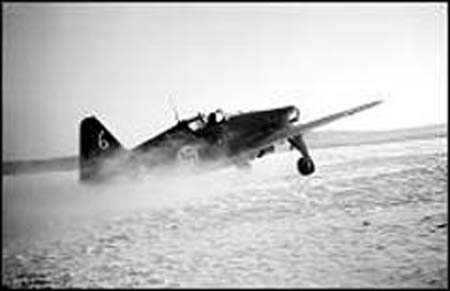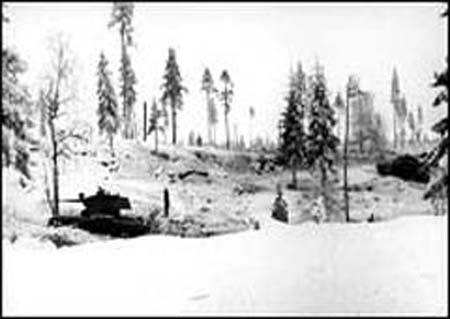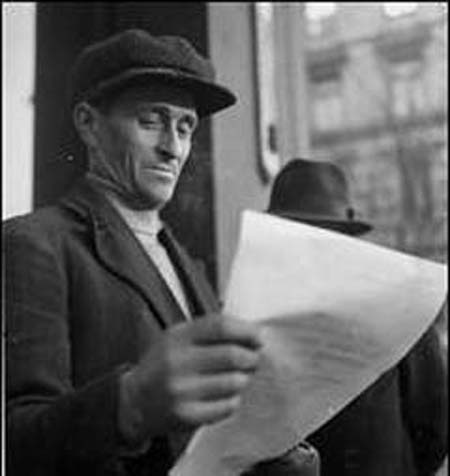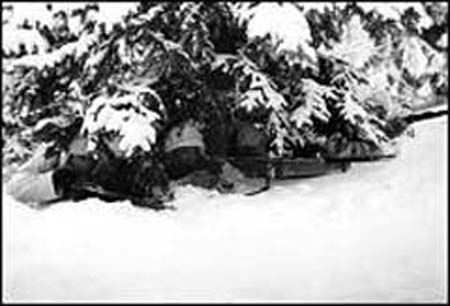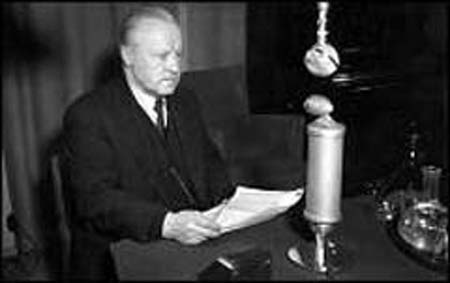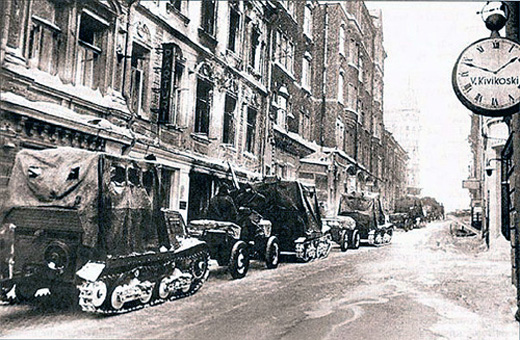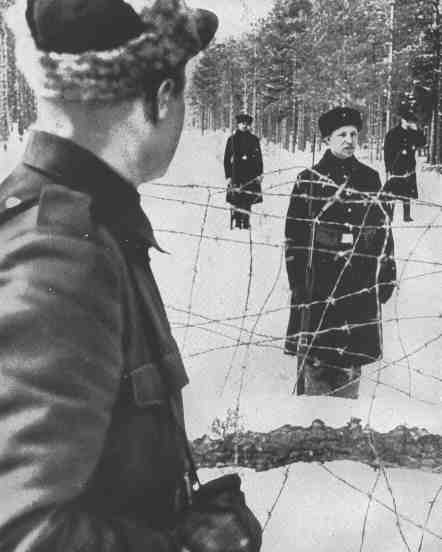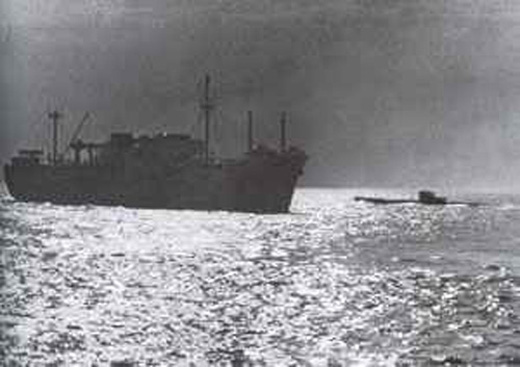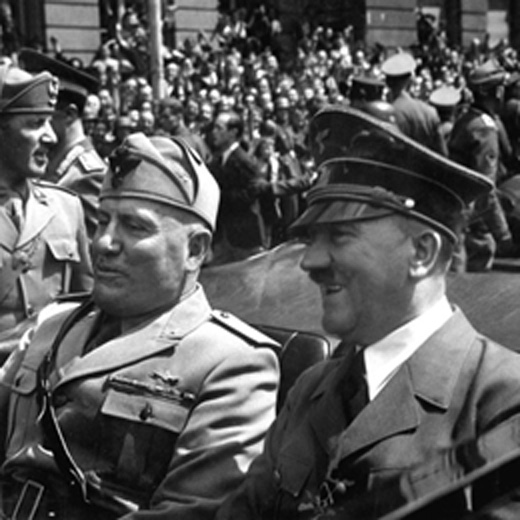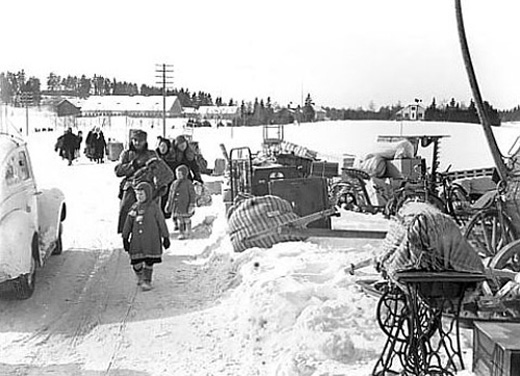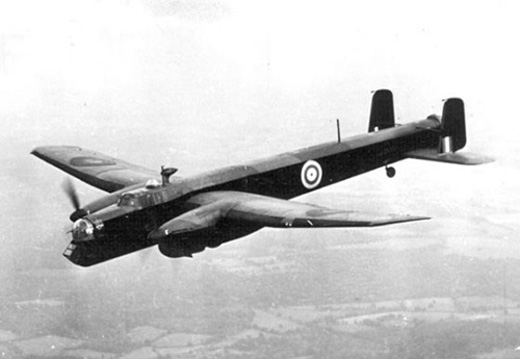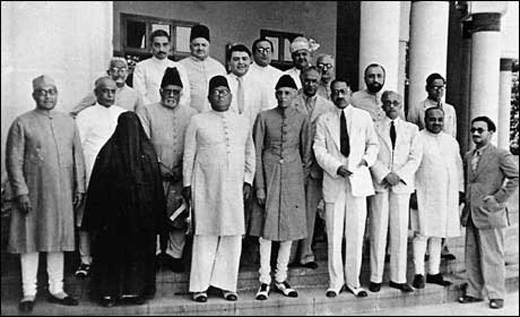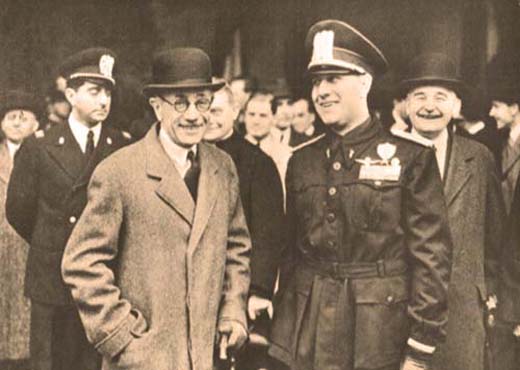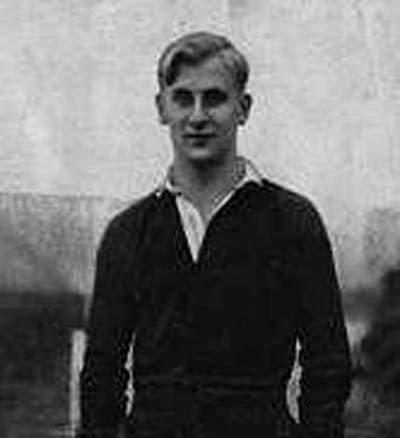Battle of the Atlantic
- The Norwegian steamer Vestfoss (1388t) is bombed and sunk by planes from KG-26 12 miles southeast of Copinsay, Orkney Islands. 19 crewmen are picked up by the British steamer Star of Liberty.
- U-20 sinks the Italian steamer Mirella (5340t) in the North Sea with the loss of 1 crewman. The survivors are picked up by the British destroyer Wallace and the British anti-submarine trawler Cape Argona.
Diplomatic Relations
Sumner Welles, US Secretary of State, arrives in Berlin from Rome before going on to London and Paris. He has been instructed to offer American mediation between the belligerents. His efforts are doomed to failure because none of the combatants believe that peace is possible.
[Finland - Winter War
Day 93
The Soviet force on the Isthmus follows closely behind the retreating Finns. They carry out a number of assaults on the delaying positions. Soviet tanks dragging sled personnel carriers overtake the Finns withdrawing to the delaying positions to the west of Perojoki. The vanguard of the Russian tanks breaks through to Ukonmäki near the main road from Viipuri to Tali. The Russians close to within 6 km of the center of Viipuri as a fierce aerial battle occurs over the city. The Russians are also attacking along the Heinjoki-Lyykylä road and to the south of Viipuri.
Gold Ring Collection |
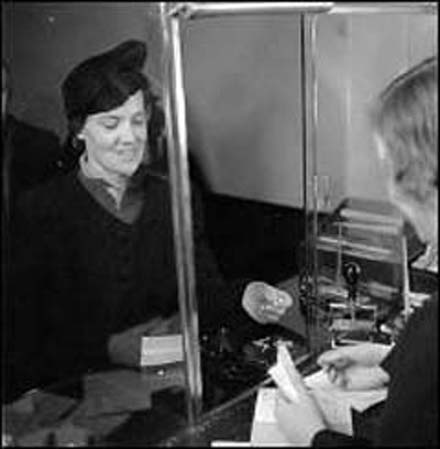 |
In Vuosalmi, a Soviet battalion attacks the church hill at Ayräpää is repulsed by the defending Finns. In Taipale, the command bunker in the Terenttilä sector receives a direct hit. 2 officers and 11 men are killed and 6 others are seriously wounded. In northern Finland, Lt-Col Magmus Dynssen is killed by enemy shelling. He was the commander of the Swedish volunteer battalion. The fighting in Viipurinlahti Bay leads to the establishment of a Coastal Group commanded by Jaeger Maj-Gen K. M. Wallenius from the Lapland Group.
[Germany, Planning
The final directive for the invasion of Norway and Denmark is issued. On March 3 the date for the attack will be set as March 17, but this will be altered to early April.
[Occupied Poland
Segregation |
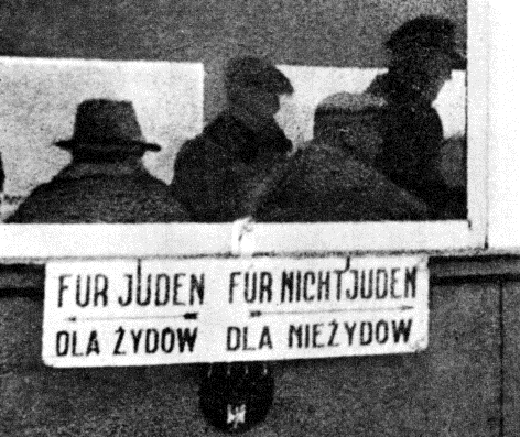 |
